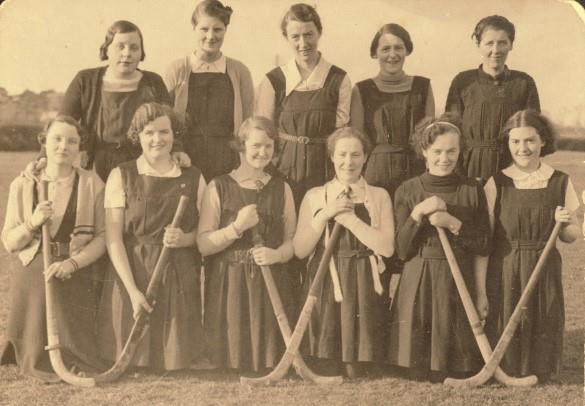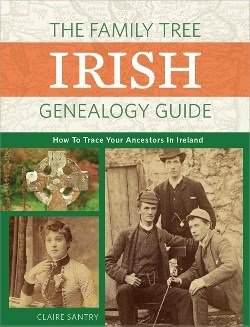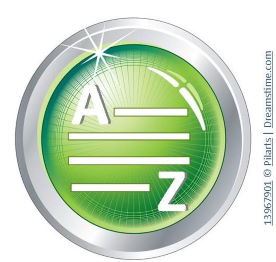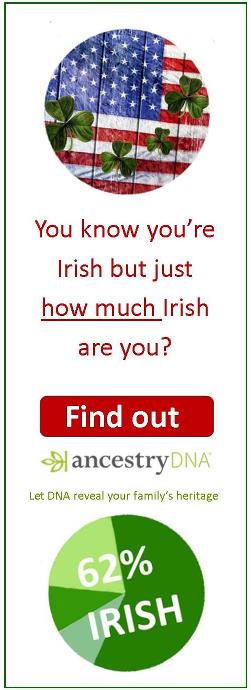- Home ›
- Irish names ›
- Girls names, E-M
Irish baby girl names, E - M
From Celtic baby names to popular modern names
Mary, the most classic of Irish baby girl names, is on the wane in modern Ireland. It didn't even figure in the top 80 girl's names in 2020 when just 64 Marys were registered. Maria was only slightly more popular with 78 registrations.
 How many Marys does a hockey team need? Five, according to my Nana (Mary Doyle), front, 3rd from left.
How many Marys does a hockey team need? Five, according to my Nana (Mary Doyle), front, 3rd from left.It was very different back in the middle 1800s when one in four little girls in Ireland was called Mary. The reason for this favouritism stems from it having been popularly proclaimed as the anglicised version of the much older name, Mór.
Back in early medieval Ireland, Mór was easily the most popular Irish baby girl name. It had a rich heritage. It was first recorded in the 7th century and was the name of two queens of Ireland in the 10th century. They were Mór, daughter of Domanll mac Lochlainn (king of the North) and Móre, wife of Tairdelbach Ua Conshobair (Turlough O Connor).
For nearly 600 years, it held its position as the most popular of all Irish names for girls and, in the 16th century, once again had queenly connotations: Mór, the daughter of Mac Caba and wife of the earl of Desmond.
As English became more prevalent in Ireland, Mór became anglicised as Martha and Agnes before becoming Mary.
The other Irish baby girl names to give Mór a historical run for her money were Sadb (always in second place) and Etain, Finnguala, Gormlaith and Medb. Information about these are in the list below.
| Irish Name | Pronunciation | English equivalent | Meaning or Origin |
| Eachra | Ach-rah | The most famous bearer was the daughter of a king of Connacht in the 10th century. She was noted for her clear complexion. | |
| Eibhlín | Ev-lin | Evelyn/ Eileen | Of Anglo-Norman origin, from Aveline. |
| Eilís/ Ailís | I-leesh | Elizabeth/ Alice | Of Anglo-Norman origin. The Irish version of Alice or Elizabeth. |
| Éithne | Eh-ne/ En-ya | Ena | A very popular early female name but also a less-common one for boys. In legend, Eithne was the mother of the god Lug. |
| Émer | Ee-ver | According to legend, Émer had six gifts: beauty, voice, sweet speech, needlework, wisdom and chastity. | |
| Étaín | Eh-dane/ Eh-tane | The heroine of an old Irish folktale who loved Midir, the fairy king. | |
| Eabha | Ee-va | Eva | One of the wives of Nemed, the legendary invader of Ireland, and also appears in the Finn Tales. |
| Fedelm | Feh-delm | Fidelma | Among the many famous holders were the 'nine times beautiful' warrior princess Fedelm Noichrothach, and the grand-daughter of Niall of the Nine Hostages. |
| Finnguala/ Fionnuala | Fuh-noo-lah | Finola | Meaning fair shouldered, it was one of the most popular Irish baby girl names in the early medieval period. Sometimes shortened to Nuala. |
| Fodhla | Foh-lah | Another alternative term for Ireland. In legend, Fodhla was wife of the god Mac Cécht. | |
| Gormlaith | Gurm-lah | Means splendid sovereignty. One of the most popular early Irish baby girl names. | |
| Grainne | Grawn-ya | Grace | Possibly the moniker of a Celtic goddess, it was popular in the early medieval period. |
| Lasair | Los-ir | Meaning flame or fire, this was one of the most common Celtic baby names. | |
| Líobhan | Lee-von | Appears in the Ulster Tales as the wife of Lúathlám. It means 'beauty of women'. | |
| Luighseach | Lee-sak | Derived from the male option, Lug, the female form means 'radiant girl'. | |
| Macha | Mok-hah | In legend, one of three war goddesses. | |
| Máire | Mor-rah | Mary/Moira/ Maura | Surprisingly, a very rare name before the 17th century |
| Medb | Mave | Maeve | One of the top 20 traditional Irish names of the late medieval period, it means intoxicating. The most famous Mebhs are the goddess of Tara, and the legendary queen of Connacht. |
| Mór | More | Meaning tall or great, this was easily the most popular Irish baby girl name throughout medieval Ireland. |
The Family Tree Irish Genealogy Guide
Written by the creator of Irish Genealogy Toolkit and Irish Genealogy News, 'The Family Tree Irish Genealogy Guide' is full of advice, tips and strategies to ease what can be a challenging journey.
Its guidance will be useful to any researcher of Irish heritage, but especially for the target Irish-American researcher who's struggling to work back to Ireland from their immigrant ancestor.
Publisher: Penguin
ISBN: 9781440348808 / 240 pages.



